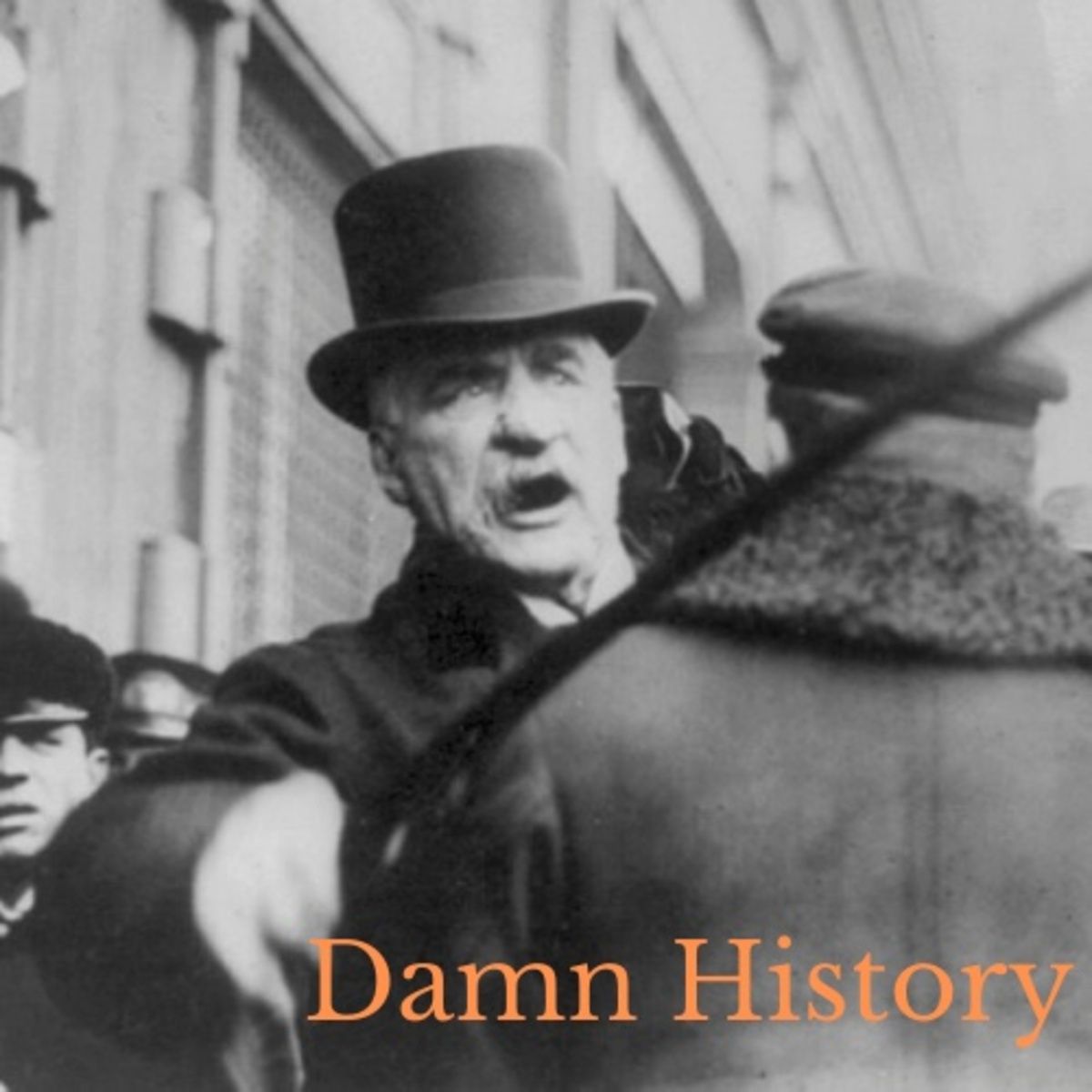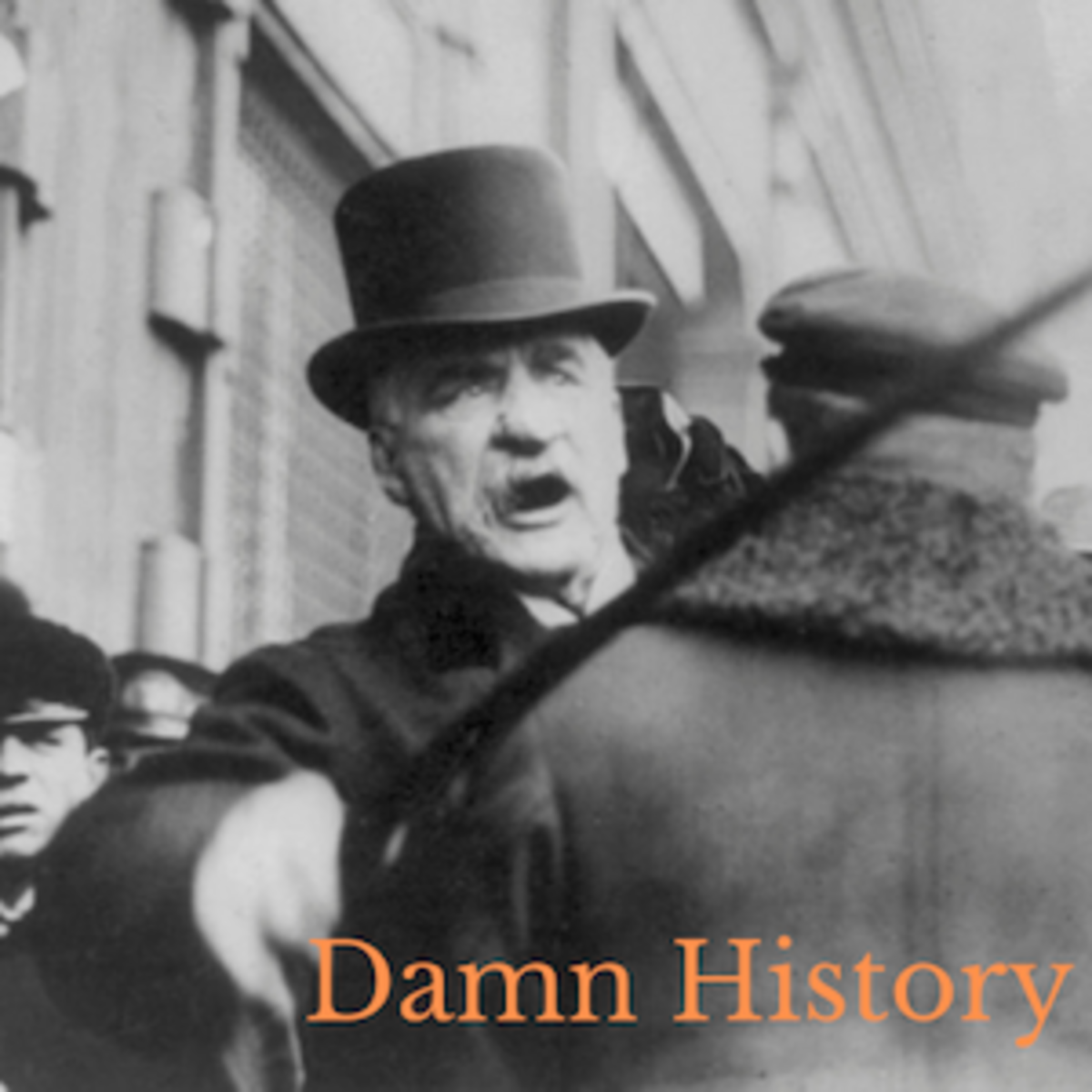
Students at the University of Washington relax on a lawn, 1965
I Stopped Reading on Page Two
A few years ago, I began reading a celebrated book of American popular history that was later made into a movie. I stopped reading it on page two.
The book opened with a scene on the outdoor green of a university, on a specific day ninety years ago. The author described what the students were wearing as they sunned, studied, and talked on the lawn. Interesting, I thought; but how did the author know what they were wearing? The book’s endnotes gave the answer: in that year’s university yearbook, the author took note of what students wore in their portraits and other photos.
I didn’t like that. What students wear for the yearbook is not what they wear lounging on the grass. The author, in pursuit of colorful detail, misled readers. Though incidental, the information was knowingly inaccurate. And how else might the author have misdirected readers in the 300 pages that followed? I didn’t keep reading to find out. I want the popular-history books I read to be factual and verifiable, except when authors clearly state they’re speculating.
When I led nonfiction classes in a graduate-level creative writing program, I often taught this equation: nonfiction + fiction = fiction.
What makes you stop reading a work of popular history?
In Damn History you'll find, as usual, recommendations on good and popularly accessible historical reading, with tips on writing and updates on my own work.
Follow me on X at @Jack_ElHai, on Bluesky at @jackelhai.bsky.social, and on Threads at @jackelhai1.
Contact me by email at [email protected]
Personal Notes
Just released: A new teaser for Nuremberg, the movie adapted from my book The Nazi and the Psychiatrist. The film will have its world premiere at the Toronto International Film Festival on September 7. It will screen in 1,200 theaters in the U.S. on November 7.
My colleagues at the American Society of Journalists and Authors covered my fourteen-year-long road from page to screen.
For my recommendations of popular-history books, search X, Bluesky, or Threads for #popularhistory.
Recent Popular History from All Over
You may find some of these articles behind a paywall if you’ve exceeded the publisher’s allowance of free views.
It is 1947, and the Los Angeles County clerk has refused to issue a marriage license to an interracial couple.
Centuries before the invention of photography, a device called the camera obscura let people watch the world.
Alex Haley wrote and reconfigured the life of Malcolm X.
A writer finds parallels between the rise of McCarthyism in the 1950s and events today.
Traces of the nation’s largest medical diploma mill are findable in Colorado.
“Automobilism is an illness, a mental illness.”
What was the significance of feather beds in the nineteenth century?
Read about the obscure murder that repeatedly resurfaces in Black song and story.
Playing music was dangerous in this family.
It’s haunting to regularly pass by the location of a concentration camp in the U.S. Upper Midwest.
Resources
American Experience, the long-running PBS history mainstay series, has stopped producing documentaries.
Writers: No, a famous author has not contacted you out of the blue on social media to admire your work. It’s a scam.
The Associated Press has ended its publication of book reviews.
The Trump administration makes a push to rewrite the history of the Confederacy.
Expect the process of writing a nonfiction book to take years, not months.
Popular history, too: “Art is the exclusion of the unnecessary.” – Carl Andre
Housekeeping
To subscribe to Damn History, sign up here.
More next month, and thanks for looking. And you are welcome to forward Damn History in its entirety to anyone.
About me: I'm a history and science writer. I've contributed hundreds of articles to such publications as Smithsonian, The Atlantic, The Washington Post Magazine, Wired, Scientific American, Discover, GQ, Longreads and many others. My books include The Lost Brothers: A Family’s Decades-Long Search, The Lobotomist: A Maverick Medical Genius and His Tragic Quest to Rid the World of Mental Illness, Non-Stop: A Turbulent History of Northwest Airlines, and The Nazi and the Psychiatrist: Hermann Goering, Dr. Douglas M. Kelley, and a Fatal Meeting of Minds at the End of WW2.
I frequently give talks and lead workshops on the topics of my books as well as on the craft of nonfiction writing. To book me for your event, please contact Jayme Boucher, Hachette Speakers Bureau, at [email protected].
Please feel free to get in touch.

